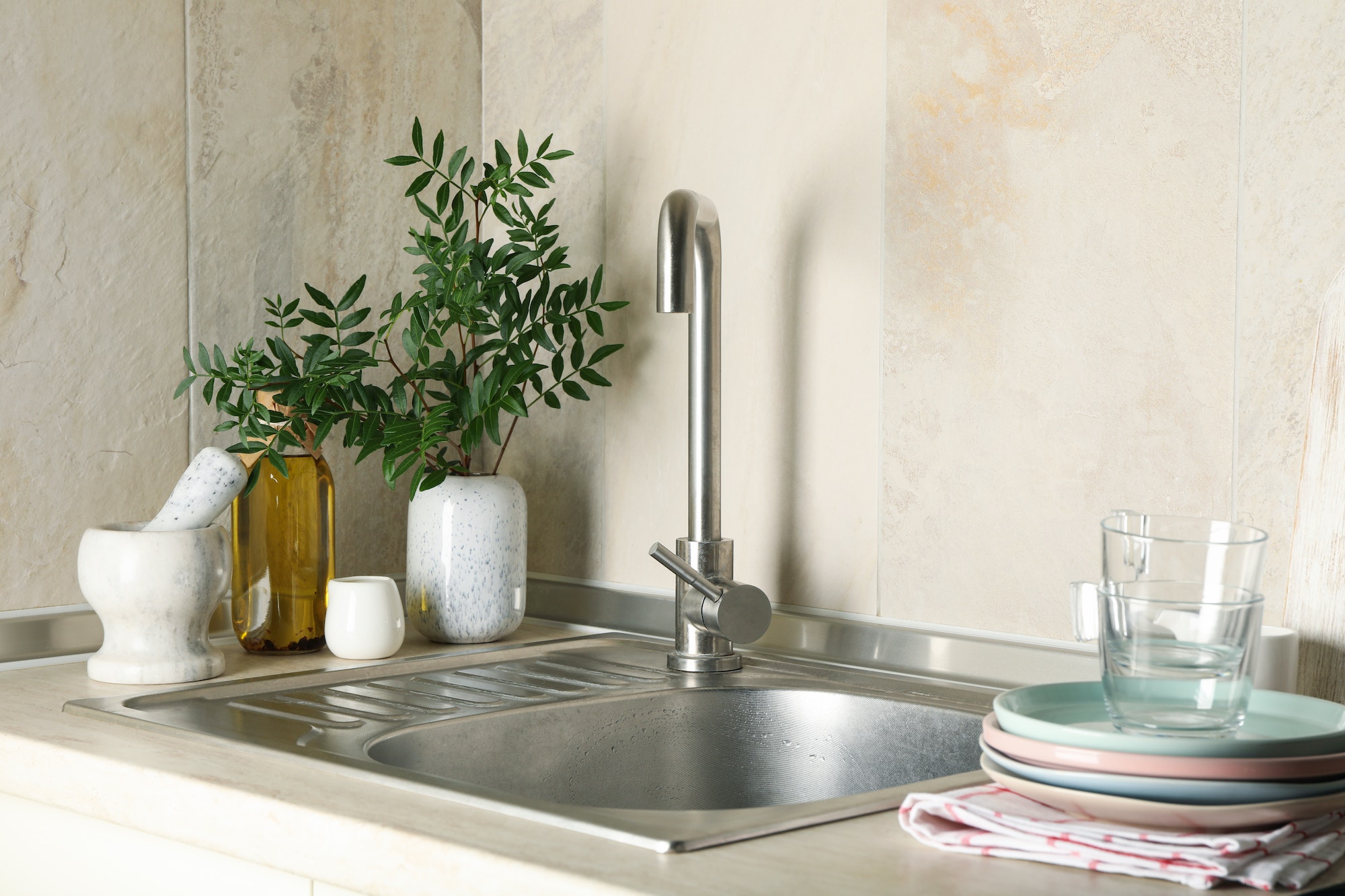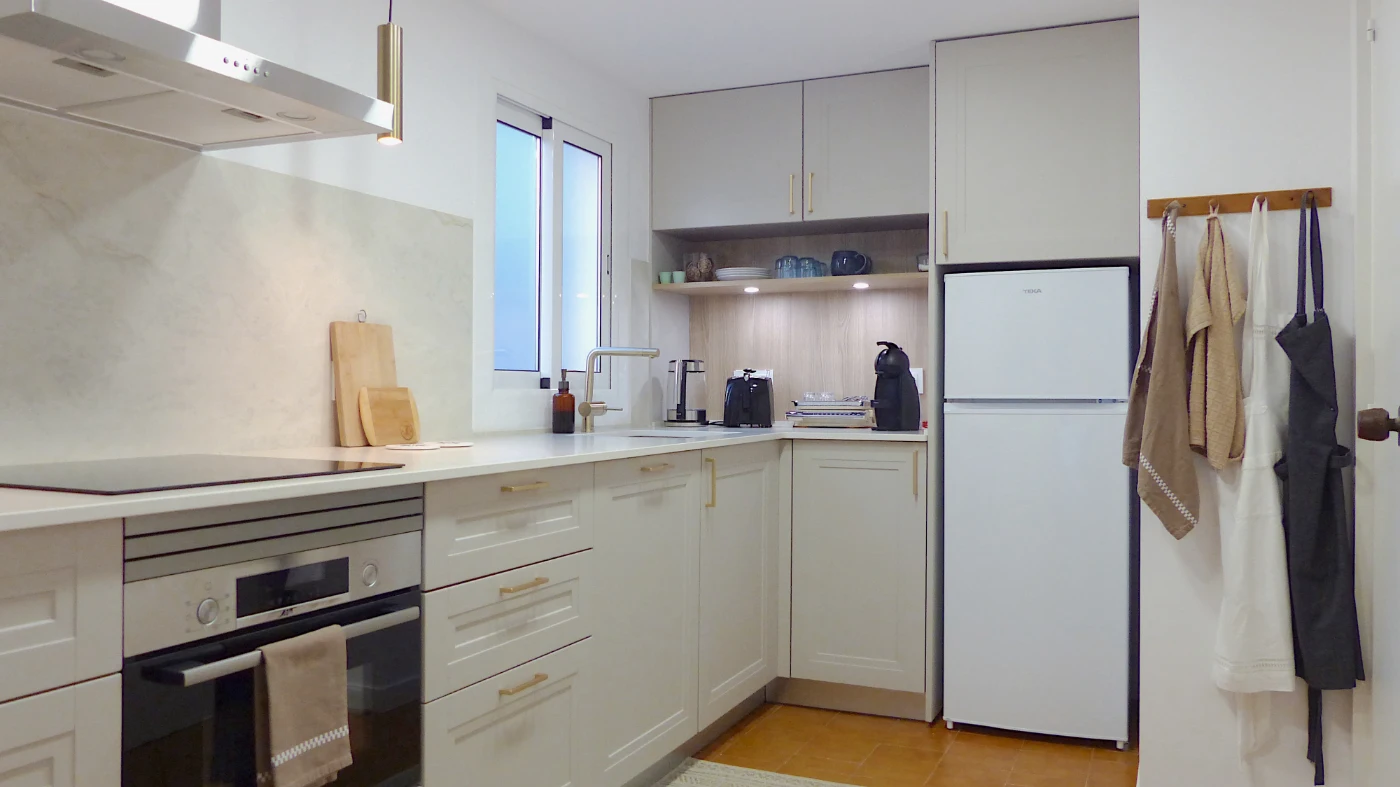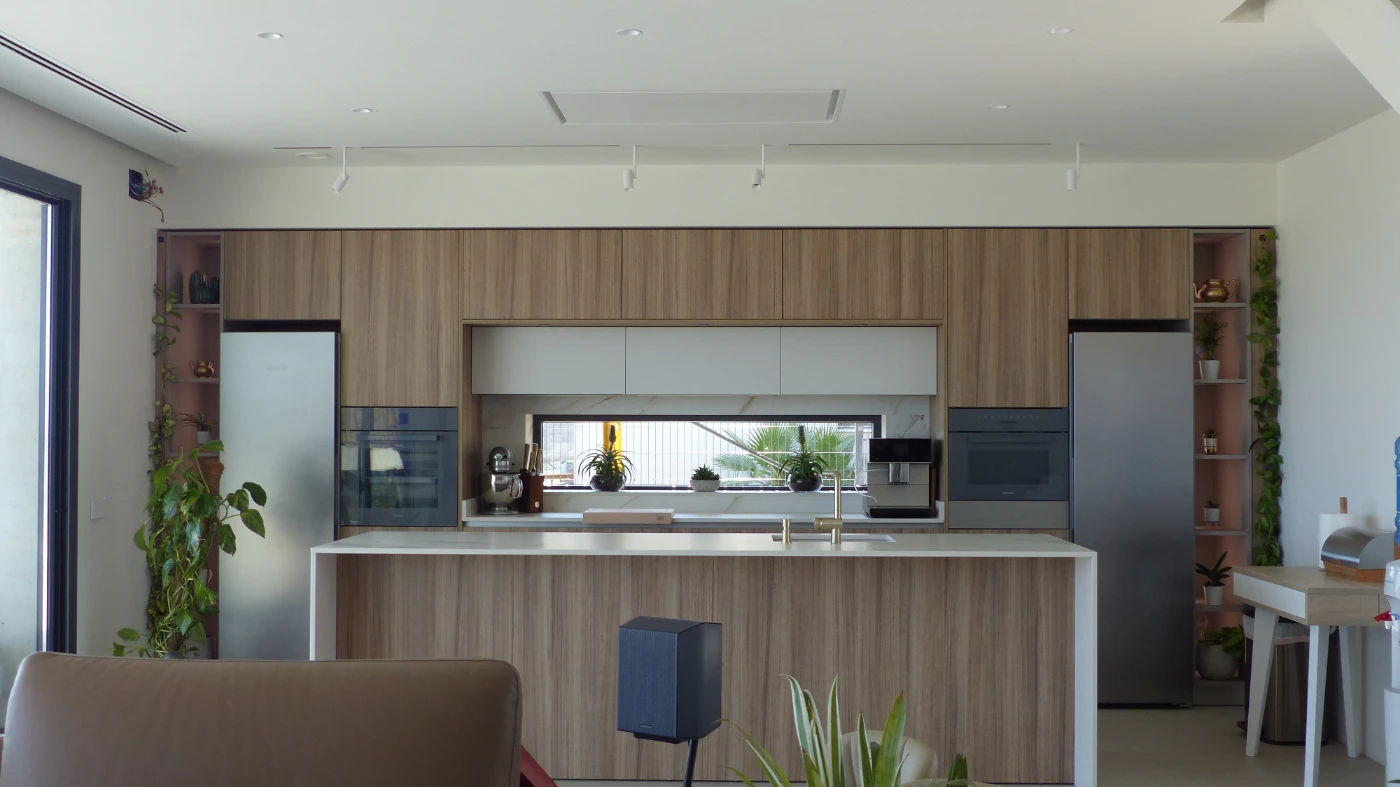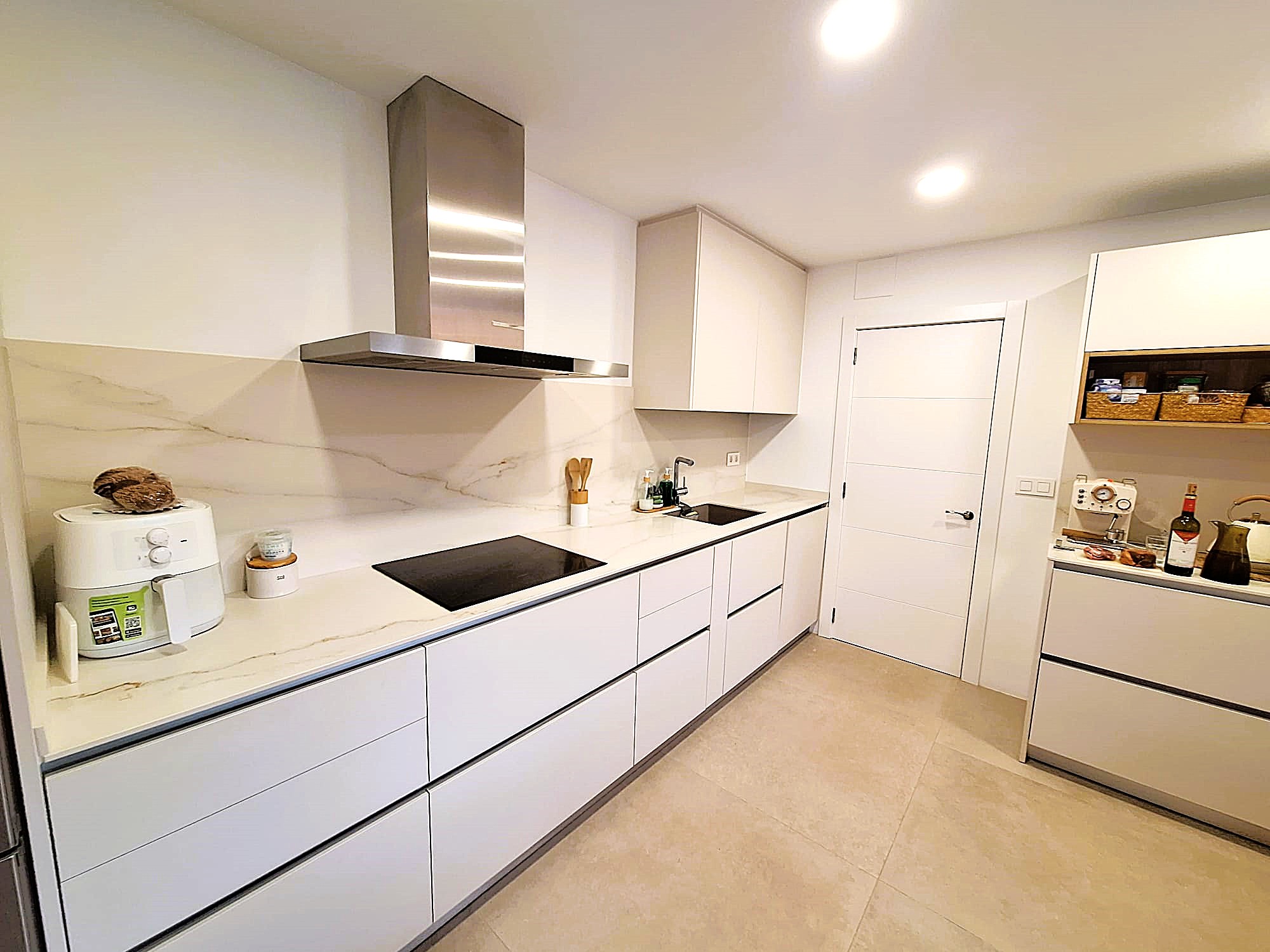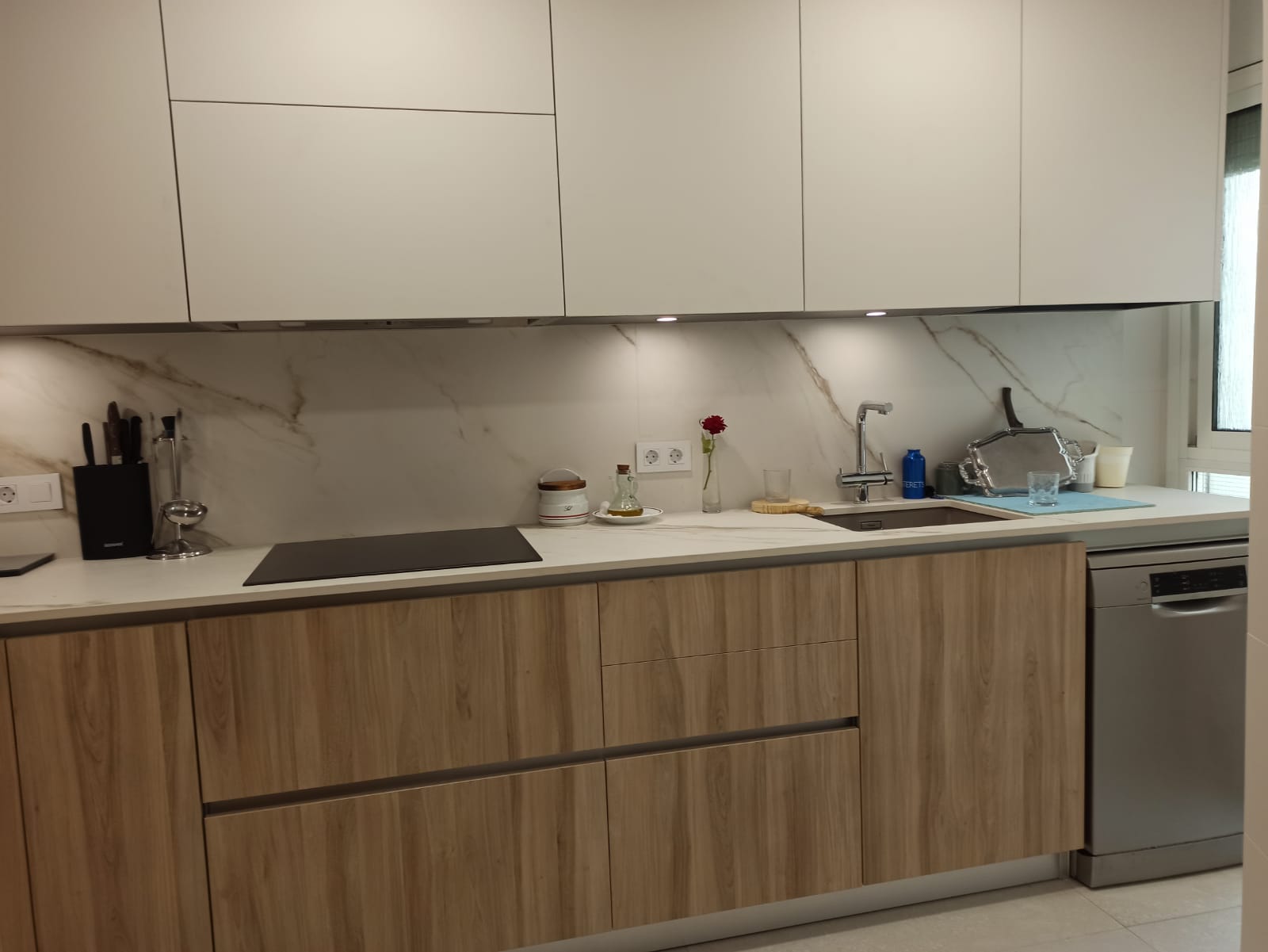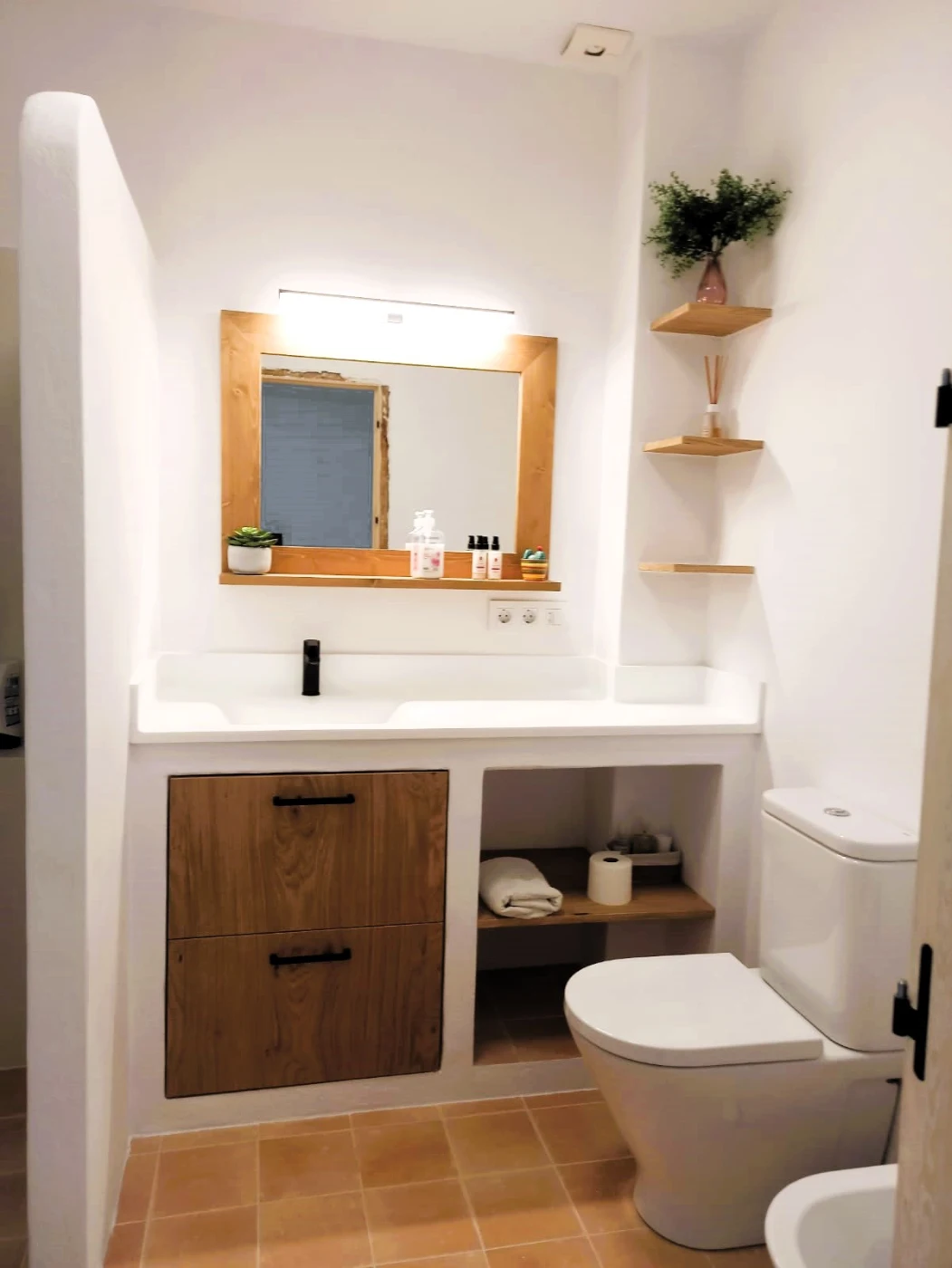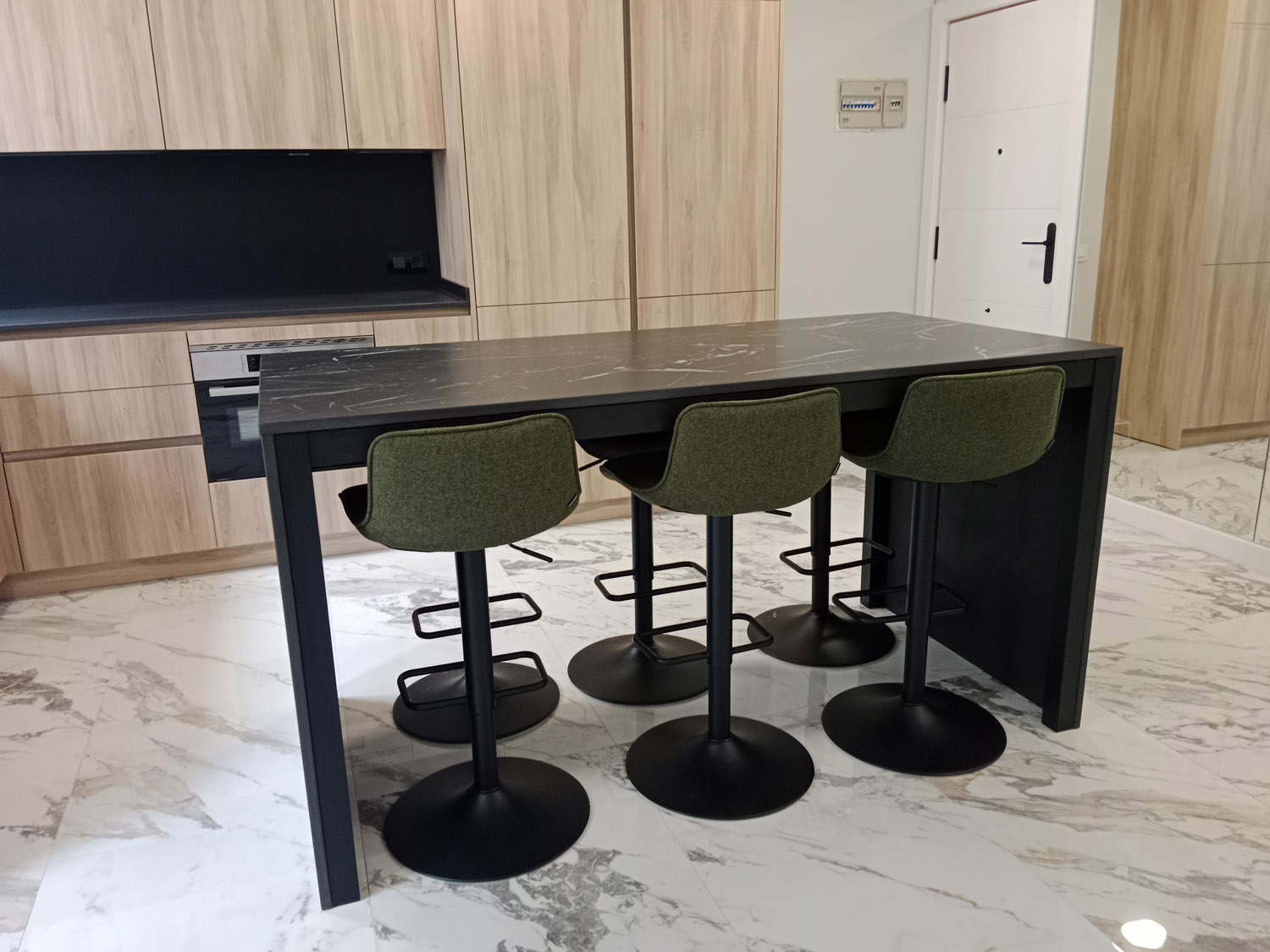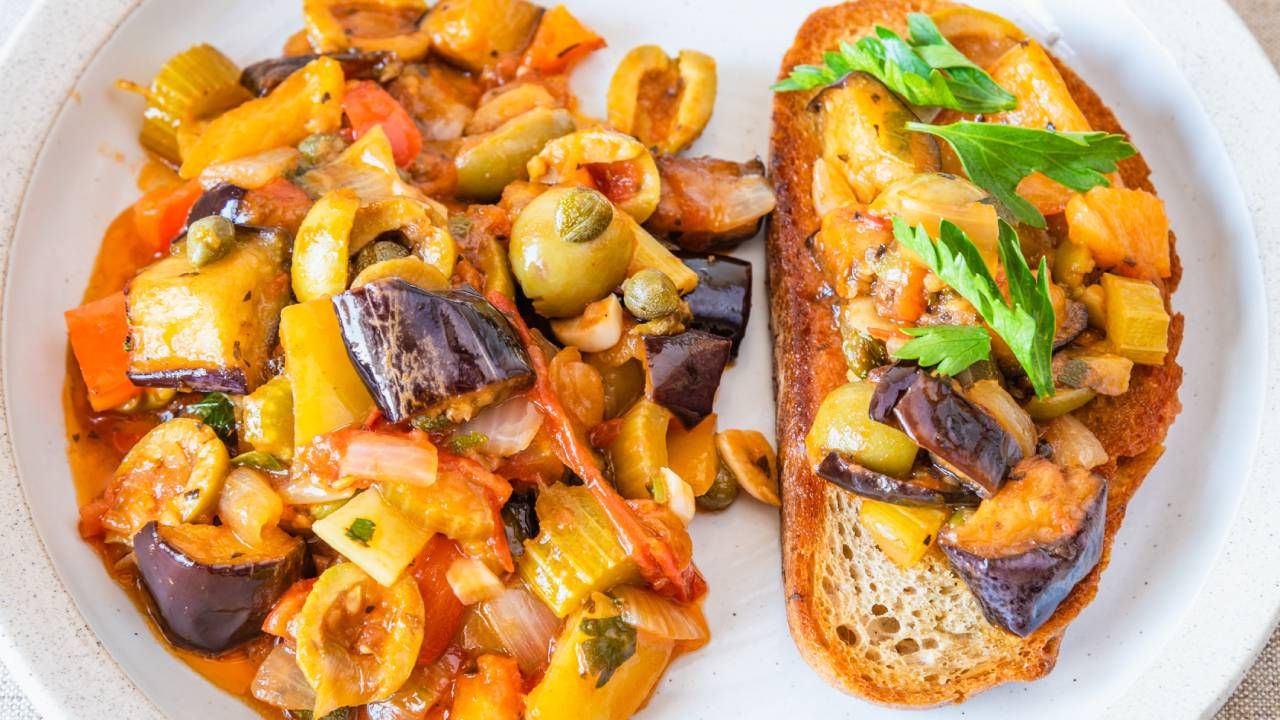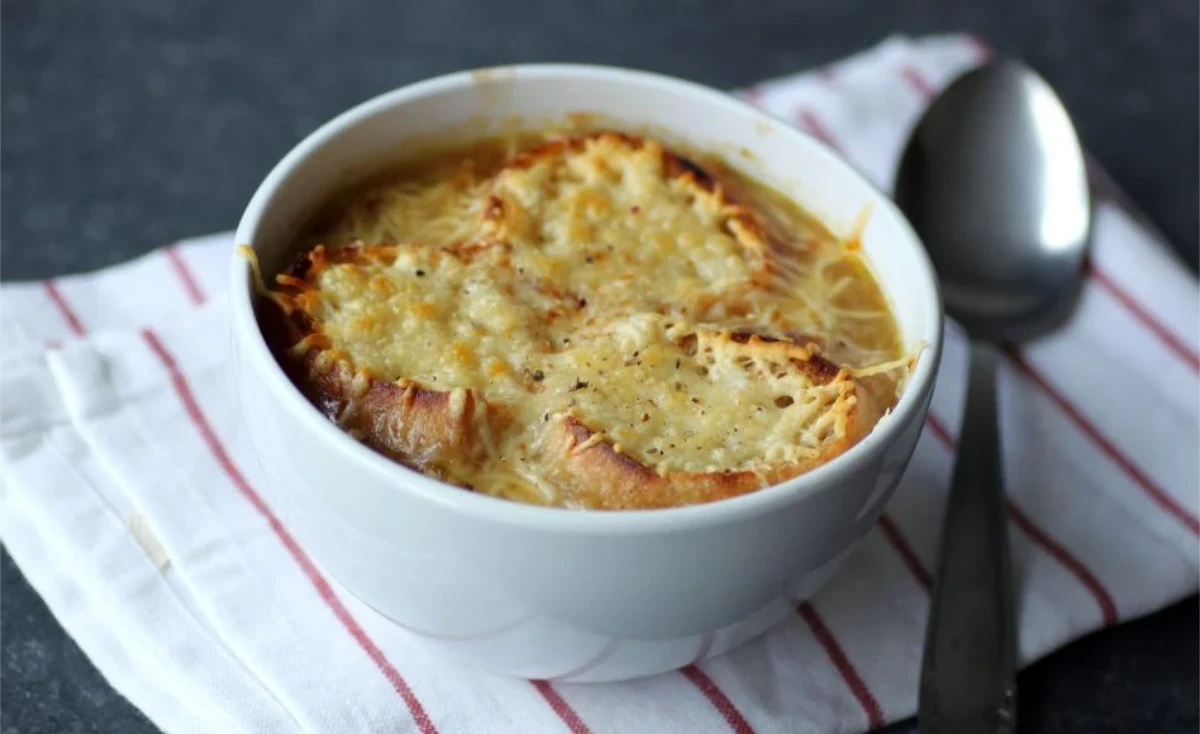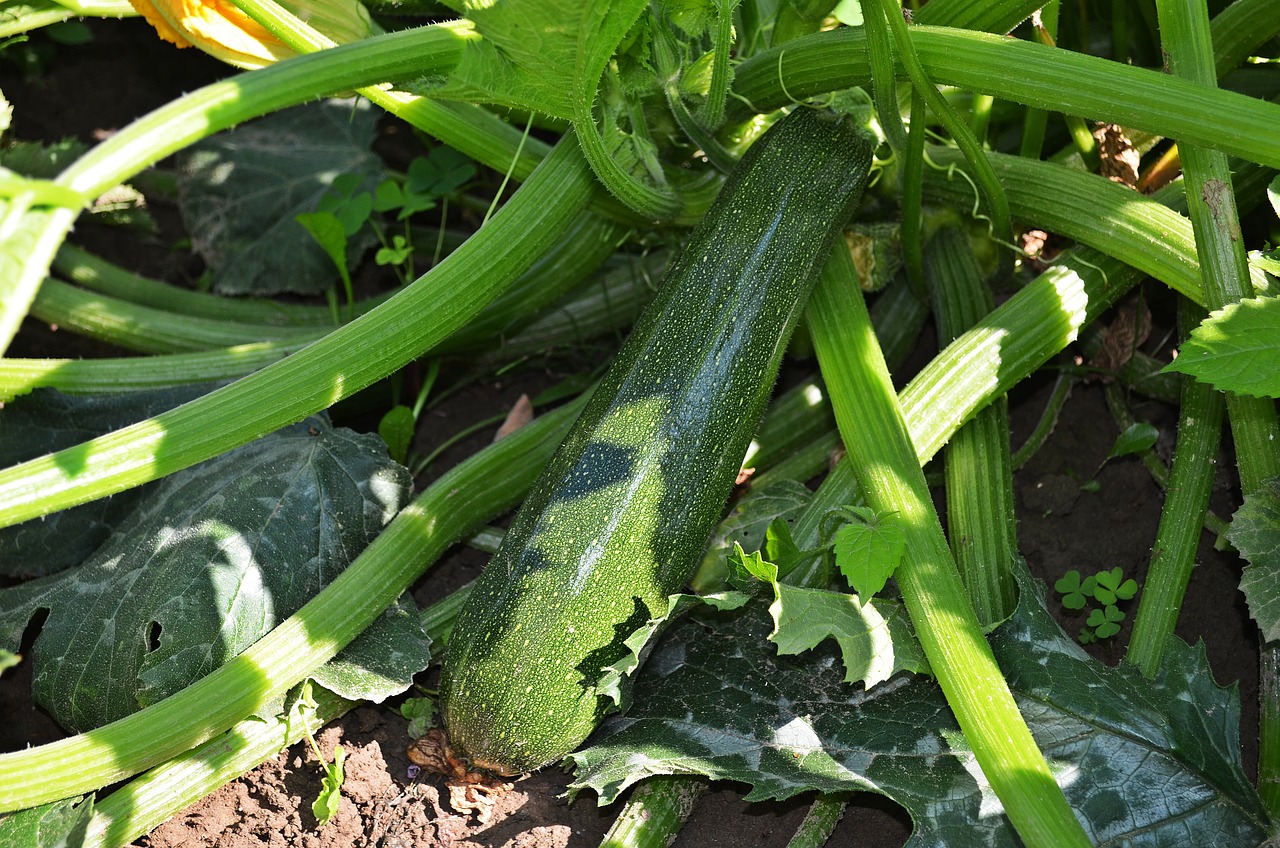La Nevera!
- Adjust the refrigerator thermostat.If your thermostat is set to be colder than necessary, your refrigerator may be using up to 25% more energy than necessary. For best results, the refrigerator should be set within the range of 2.5 to 4.5 degrees, and the freezer between -18 and -15 degrees . .
- Clean the coils.The condenser coils direct the air flow in the refrigerator, and are often located behind or under the refrigerator. These coils often become covered with dust and dirt, which restricts the flow of cool air and forces the unit to work harder than necessary.
- Use an ice bucket. As convenient as automatic ice makers are, the mechanisms they use are energy guzzlers.
- Watch for frost formation in the freezer. If the frost is 1 cm or thicker, it is time to thaw and get rid of it. All that frost is making your appliance work harder than it needs to.
- Keep the door closed. Opening the refrigerator door and looking at the food is a sure way to let cold air out and warm air in. The unit has to work to replace the cold air. Decide what you want before you open the door, or try to minimize the number of times you do so; when preparing a meal, simply grab all the ingredients you need, all at once.
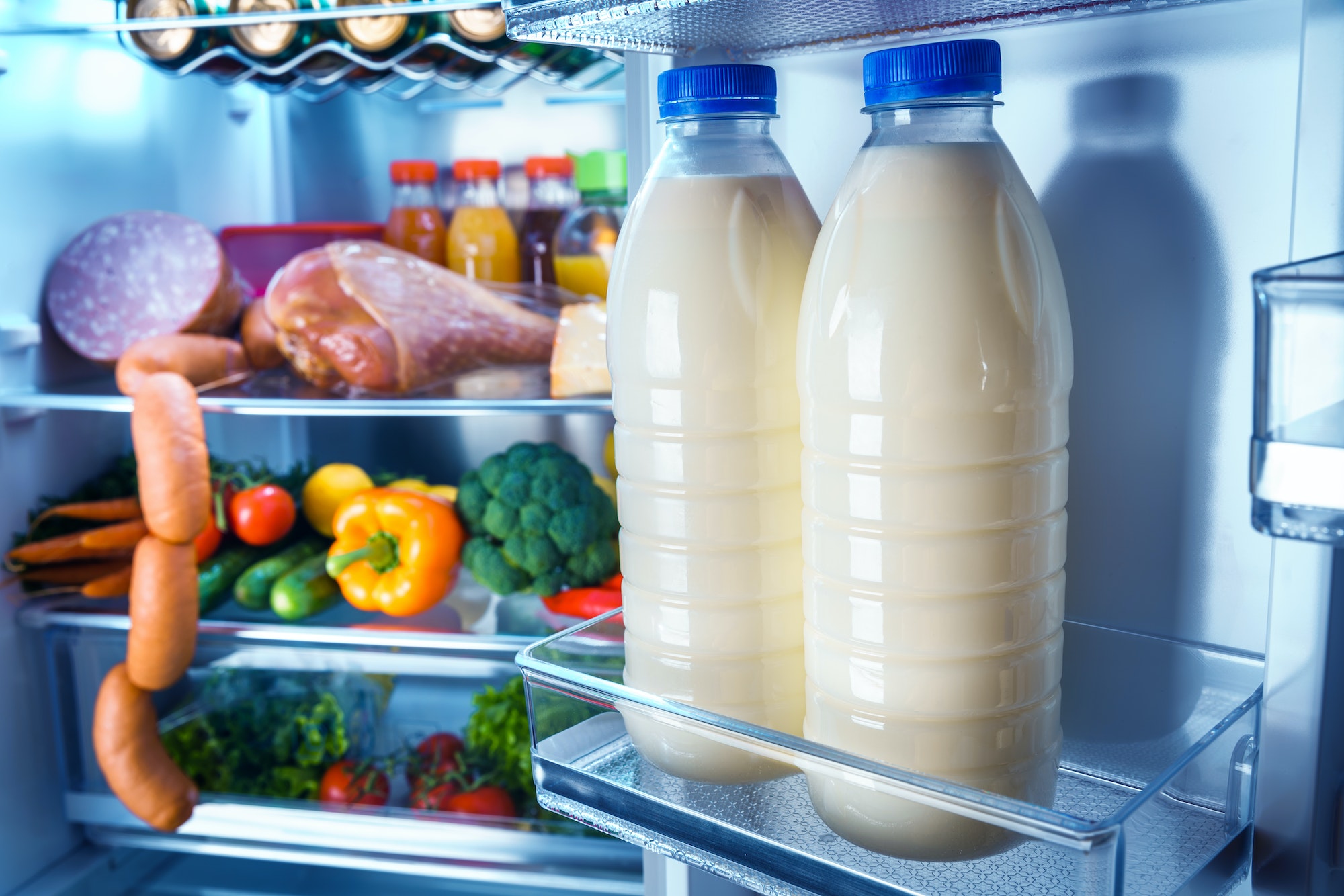
- Oven
- Forget preheating.
- Although most recipes suggest preheating the oven, many cooks agree that it is unnecessary for all but a few recipes, namely breads and cakes. This may add a few minutes to the total cooking time, but eliminates the (sometimes long) waiting time while the oven preheats.
- Choose the right burner for the pan. A small burner will take much longer to heat a large pan than a small one. Your stove will work harder than necessary, consuming more energy than necessary. Selecting the right size burner for the pan you will be using can help you reduce your energy bill by a few dollars a month.
- Thekitchen elements can remain very hot for minutes after they have been turned off. Turn off the burner several minutes before the end of the cooking time and let the residual heat do its work. The same technique can be applied to the oven. Following these practices can save a few euros per month.
- Keep the door closed. Keep the oven door closed while cooking so that the temperature remains constant. Each time you open the oven door, the temperature may drop to 24°C. Also make sure that the oven door closes tightly.
- Energy efficient boiling. Use a high heat setting to boil liquids on the stove, then reduce the heat to maintain a constant low boil.
- Glass containers heat better. Use glass baking dishes for better heat transfer.
- This goes without saying. Do not use the oven to heat the stove.
- Use small appliances for small jobs. Use small appliances (such as a microwave oven) to cook or reheat small amounts of food. You will consume up to 50% less energy than with a conventional oven.
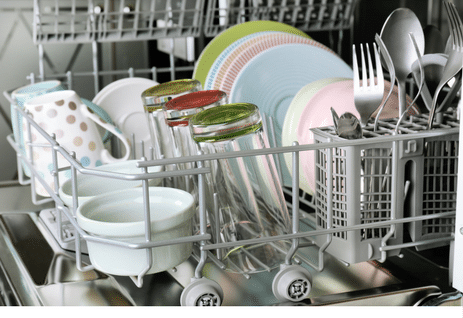
Dishwasher
- Manage the load. Most dishwashers use the same amount of water and energy whether they are running full or half full. In general, it costs an average household about 50 euros per year to run a pre-2000 model. Using the dishwasher only when it is full can reduce running costs by one-third to one-half, saving up to 30 euros per year.
- Newer models save energy. Water-efficient dishwashers use less water and less energy to heat the water than standard models.
- Use the right cycle. Use the shortest wash cycle for the size of your load. Use the no-heat drying cycle.
- Set the appropriate temperature. The water temperature should not exceed 50 ºC.
